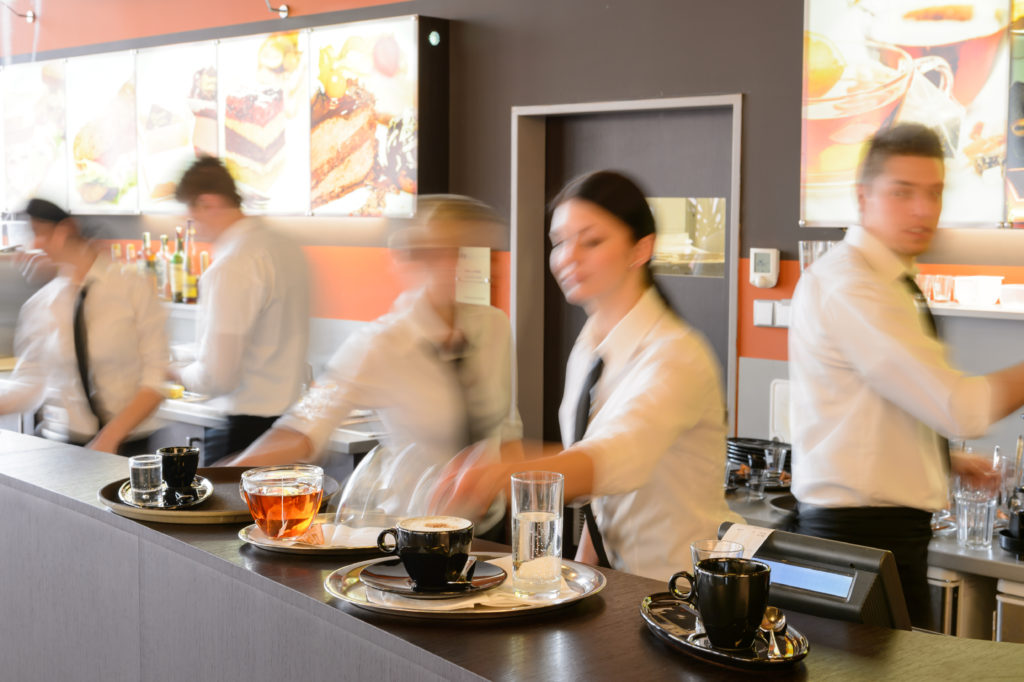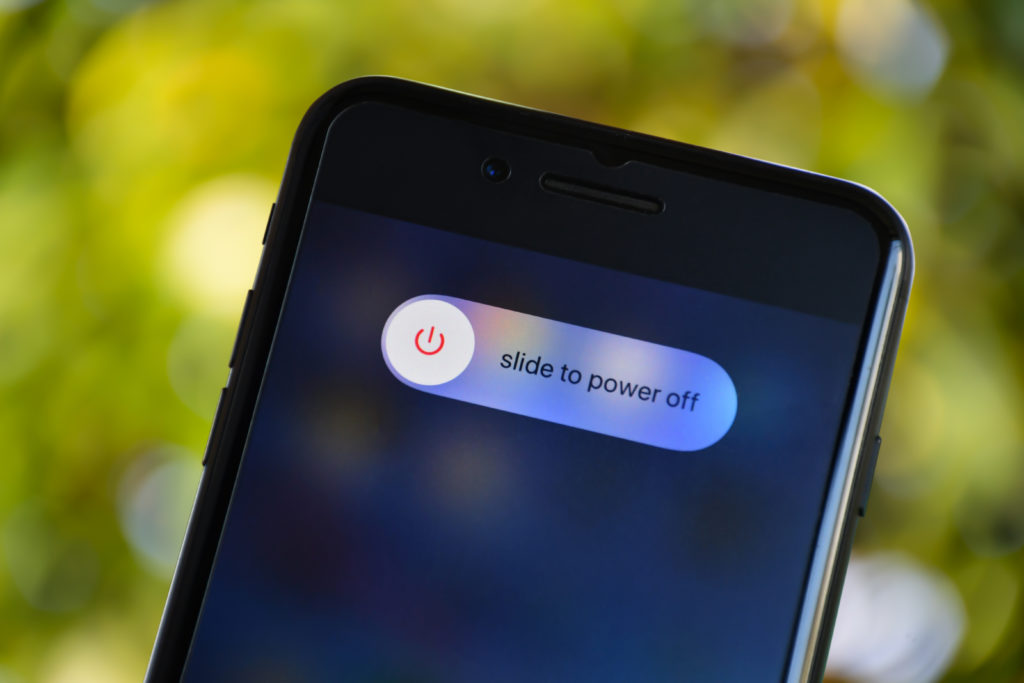
As you’re reading this, I’m actually writing a questionnaire designed for air talent. It’s the third study in our AQ series, a collaboration between Jacobs Media and Don Anthony’s Morning Show Boot Camp. It’s the only research study of its kind – an in-depth look at the pros behind the mic, plying their craft on commercial radio stations all over the U.S.
We took last year off, but the first two studies in 2018 and 2019 were eye-openers. They revealed the mindset of air talent, how they felt about their jobs, their careers, and the companies that employ them.
But this year’s study, more than one year into the pandemic, is requiring a lot of questionnaire “surgery.” As you might expect, we’re repeating a number of questions for tracking purposes from the years past. But for this 2021 version, we’re asking all sorts of new questions about work from home, employment disruptions, and attitudes about how COVID may or may not be changing their outlooks.
Another question in this new study will address the number of jobs many hosts are now holding down – and I’m not talking about moonlighting outside the station. In my conversations with air talent as well as Jacobs Media staffers, I’ve detected interest in learning how job responsibilities have expanded – off-air duties, voicetracking on other stations in the building – or on stations anywhere in the U.S. Of course, many are both on the air and programming their own stations.
So, how many “hats” are they wearing – whether they are PDs, on the air, or both? And has that changed since the onset of the pandemic?
And then there are the other duties foisted upon many air personalities – production, social media posting, podcasts, video production, sales appearances, and other content creation responsibilities.
 Of course, this raises questions about compensation and time management. But it also brings to mind productivity, creativity, and innovation. At what point do people get so busy that their ability to invent and ideate erodes?
Of course, this raises questions about compensation and time management. But it also brings to mind productivity, creativity, and innovation. At what point do people get so busy that their ability to invent and ideate erodes?
That’s the question Dr. Bashar Salame, a Detroit-based chiropractor, asked in a recent Medium think piece. In “The Constant Pursuit for Productivity is Heavily Impacting Out Creativity,” Salame acknowledge we’re living in a capitalistic world where productivity and results aren’t just a desire – they’re an ongoing demand.
Salame quotes a recent moment on Joe Rogan’s podcast where Neal deGrasse Tyson made this simple and non-scientific declaration:
To be more creative, you have to be less productive.
He would know.
In fact, Salame makes the argument that idleness – daydreaming, even boredom – plays a role in innovation. Down time is the respite that fuels creativity. And when was the last time you spoke to anyone in radio who admitted they had too much time on their hands?
If anything, the mantra is that entire radio stations are running with just a couple of live bodies on hand locally. That doesn’t describe an environment where new thinking naturally flows.
Of course, there is an “on the other hand” case to be made for multitasking. A University of North Carolina team of business school researchers conducted a study last year that produced a paper: “A benefit of multitasking.”
The researchers ran two different studies. One asked a group of students to take part in a conference call while sending email (sound familiar?). They were then tasked with coming up with a creative idea revolving around the topic of the call they were on.
A second group performed these functions one at a time.
Wouldn’t you know it – the multitaskers actually generated more creative ideas than those who more methodically completed the tasks sequentially.
A second study conducted among restaurant servers – some on busy weekend nights, and others on more laid back weekday evenings – yielded the same result – spurts of creativity in the form of “higher levels of activation and cognitive flexibility.”
the same result – spurts of creativity in the form of “higher levels of activation and cognitive flexibility.”
The research thus produced startling findings that for most people in the scientific and business communities in certain situations, a little multitasking can actually stimulate more creative, right-brain thinking.
But that’s a lot different than doing multiple jobs – and doing them all the time. When you hear those around you complain they “don’t have time to think,” it begs the question whether burdensome workloads actually lead to more creative output.
There’s no simple solution. Radio broadcasters may do some hiring this year to replenish the thinning herds of workers who were let go last year or who called it quits.
But if anything, we’re going to see more “hub hiring,” where fewer people will be assigned multiple tasks.
Finding myself in this same situation (mostly of my own making) almost all the time, I’ve developed “antidotes” that sometimes work for me. Maybe some will work for you. And I’d love to hear your ideas.
- Turn it off – Turn everything off. I never thought I could drive in silence, but I do it from time to time. It helps me recognize the world around me, while clearing the decks, so to speak.
- Put your phone down – Just a quarter hour of not looking at my phone (not easy, mind you), is an effective way of killing the input for a
 few minutes, while stopping multi-tasking altogether. Oh, and silence it.
few minutes, while stopping multi-tasking altogether. Oh, and silence it. - Take a power nap – Yes, I’m an older guy, but a 20 minute nap in the middle of a long day can be rejuvenating. Close the door, turn out all the lights, and yes, shut off your phone.
- Pick up the phone and talk to someone outside the business – It could be a relative or a friend. It helps to become immersed in someone else’s world for a few minutes instead of always being obsessed with yours. These days, you can even take them out to lunch.
- Read something (again, unrelated to your work) – Whether it’s fiction, a biography, or an interesting story or article, reading takes us away from our little worlds quickly and effectively.
- Sit in someone else’s meetings – I often find that when I get the chance to spend time with people outside of my world, it can jumpstart the creative process. For me, Hip-Hop, Country, or Talk work best.
- Go somewhere – Even for a long weekend, get out of Dodge and spend time with people you love and care about (who aren’t on the air). After a year of mostly being isolated, a little time away from it all might be helpful on many fronts.
The creative demands on all of us aren’t going to change. If anything, they’re amping up as the business world recovers from the shock of 2020. Balancing those work and live spheres is challenging in a normal year. In 2021, it’s a whole other thing.
And it might not be a bad idea to take off a hat (or two).
To be sure your voice is heard for our AQ3 study, send an email to Jason Hollins – [email protected]
You must be on the air (or a producer) on a commercial station(s) in the U.S. to participate.
For more information on Morning Show Boot Camp in Chicago this August, click here.
- What To Do If Your Radio Station Goes Through A Midlife Crisis - April 25, 2025
- A 2020 Lesson?It Could All Be Gone In A Flash - April 24, 2025
- How AI Can Give Radio Personalities More…PERSONALITY - April 23, 2025




All very pertinent. Time and again, I see stations launch something, whether its a podcast, special programming feature or social media group, that they don’t have the time, ability or willingness to maintain so it falls by the wayside. They give birth to a new child, then starve it to death because they don’t have the ability to feed everything that needs to be fed.
One thing I’ve done in the last year is to turn off all the audio and vibrate notifications on my mobile phone, so its isn’t buzzing and bleeping constantly to let me know I have a text, IM or call. I can put my phone aside while I’m working on stuff and its not a constant distraction. Making decisions about what constitutes an unnecessary distraction has certainly helped me stay focused.
Thanks for this, Abby, including the smartphone idea. Regarding projects that start out enthusiastically but eventually get abandoned, you are correct the “too many hats” problem is, in fact, the culprit.
Not many hats for me, Program Director, Afternoon Drive, Engineer, Promotions Director, Web Designer, Remote tech, Sales rep etc.
I should learn how to do traffic
You’re going to need a bigger hat rack, Mark. I strongly suspect you’re not alone. I’m sure I’ll hear from more radio folks like you – assuming they can make a little time to write a response. Thanks for the comment.
Same here. PD for 3 stations (2 are satellite thank goodness) operations manager, production director, 2 websites, 3 Facebooks, a personality Twitter, Instagram, and Snapchat, I carry 4 or 5 sales accounts, promotions, lots of southern engineering until the qualified regional engineer can get to town, on-air Noon-7 (last 2 hours voice tracked)… that’s the normal day without station remotes, community issue show interviews, conference calls, or the occasional vehicle maintenance stuff.
And you sleep when?
Hats off to this column Fred. I took power naps at WNCX, and everywhere since, and still do today. One, my metabolism seems to demand it (which employers should acknowledge as a real thing for some people – especially non-coffee drinkers!). Two, it’s helped me stay mellow in some very challenging work environments. Three, I do my best thinking waking up laying in bed so adding a second “wake-up” time in the day wasn’t a bad. An idea or work-around solution would often ring in right after wake up!
Of course, when I woke up with the radio alarm at 5:50 in Cleveland to hear “Those Guys in the Morning” reading my inter-office memos on the air some days, that would interrupt my free-style imaginative creativity time a bit! “Our boss has issued us a list of all the more creative ways of saying ‘coming up’ — which he says we say too much. And here they all are at once…”just ahead”, “up next”, “around the corner”, “still to come”, “on the way”,….. !”
Ah, that’s what I miss the most…. (not)
Paul
I still have nightmares over TGITM. Fortunately, we’ve all moved on to bigger and better things.
Glad those power naps are still working for you. In fact, I’m due for one!
Thanks, Paul.
We did alright there trying our best. Beat MMS in the key demos in the midst of it. Recently, I came across one of your last strategy memos to me there in my archive… middle of 1990…. and while you, of course, pointed to where there was work to do, there was much to feel good about as well. Mornings lagged but there wasn’t much time allotted tor anything to catch on. I was glad for the chance and felt good about the effort and the opportunity to work closely with you for a time. No need to respond, just sayin’.
A “Daunting”amount of haberdashery is almost standard issue now. And yet, the survivors I have talked to say, that once they embrace rather than balk, they find it all quite doable with understanding bosses. Great list for unplugging, Fred. The stigma of a PD or talent putting their feet up and drawing the blinds for a power nap needs to go the way of the Flintstones. A fifteen minute “kip” as mum used to call it, can give me a much more powerful four hours. Far better to reset the brain than relying on coffee. combine that with coffee and a quick nosh, I’m back in the zone.
p.s. How I miss Morning Show Bootcamps! It was great for exchanging Ideas and I always came back amped.
Ed, thanks for this comment. As for those naps/kips, they’ve become essential rechargers, especially on those days that start out at Mach 2, and never slow down.
Think about coming to MSBC in August. it’s going to be a good one.